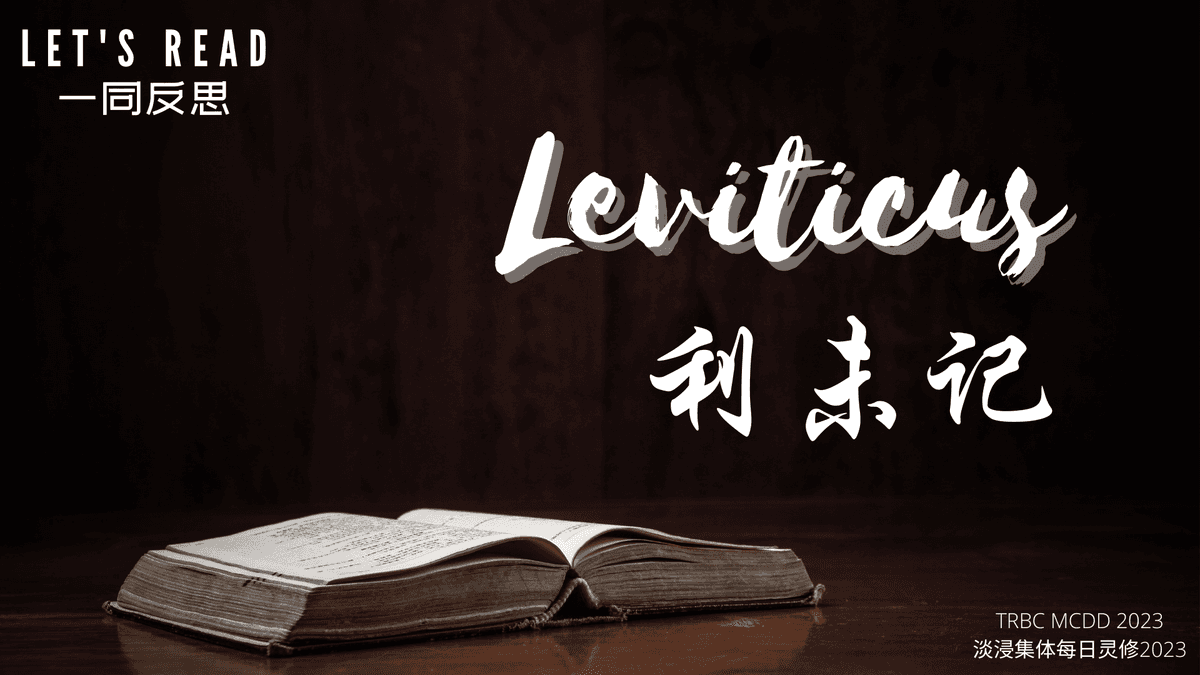Last 5 Days

The Day of Atonement

Click here to read Leviticus 16
The chapter talks about a very special day for the Jews, “Yom Kippur,” a very sacred day of rest. It was also known as the Day of Atonement. God told Moses to instruct Aaron who was the appointed high priest of Israel. The instructions were given after Aaron’s two sons, Nadab and Abihu died because they had offered an unacceptable offering to God.
Aaron was instructed to enter God’s presence carefully. He was to offer a bull for a sin offering and a ram for a burnt offering. He must ensure he was physically and ritualistically cleansed first before he was to put on his priestly clothing to make offerings for the people. The offerings provided by the people were two male goats for a sin offering and a ram for a burnt offering. Aaron must make offerings for himself and his household before he makes atonement for the people.
He was to cast lots over the two goats in verse 5. One was to be offered to the Lord and the other to Azazel. According to Jewish writings in the Book of Enosh, Azazel represented the fallen angels. The goat offering for sin was to be presented alive to God as an atonement for sin and then sent away as a scapegoat for the sins of the people into the wilderness to Azazel. The other goat was offered as a sin offering to the Lord. The bull in verse 3 was to be the sin offering offered to the Lord to atone for the sin of Aaron and his household. The blood was sprinkled seven times using his fingers on the front of the mercy seat.
The sin offering of the goat in verse 5 was then to be offered for the people to atone for their sins. The blood was to be sprinkled over the front of the mercy seat to atone for the Holy Place and for all the sins of the people. No one was allowed into the tent of meeting during this time until Aaron had finished the atonement for himself and his household and until he came out of the Holy Place. Then he would go to the altar and atone for the sin of the people just as he did for himself and his household.
Aaron’s sons died because they offered to God in what is called strange fire. All sin must be atoned for as Aaron was instructed to atone for the sins of the people. But he must atone for his own sin and the sin of his household first. If sin cannot be atoned for, we will all be headed for eternal damnation. In the New Testament, God provided a better priest for us, one who was sinless. He does not need to atone for any sin because He is without sin. In the New Covenant, there is no need for the day of atonement as Jesus has once and for all atoned for all sins. We who believe in Him can now enter the presence of God without fear because we have the priesthood of all believers as Jesus’ blood has cleansed us of all sins once and for all.
The Old Testament’s atonement for sin through the high priest is no longer required. The Old Testament high priest must atone for his own sin first before he could atone for the sins of others. We are freed from the Old Testament system of atoning for sins as Jesus said that if the Son has set you free, you are free indeed! As His disciples, we must not take lightly what Christ has done for us. Instead, we must worship and serve Him alone, in gratitude for what He has done to set us free, we must also live wholly for Him as well!
Prayer: I thank You, God, for the Great High Priest You provided for us. Christ has atoned for our sins once and for all. May I resolute to once and for all worship and serve You for what You have done for me. May this be my prayer of recommitment to You this day!
